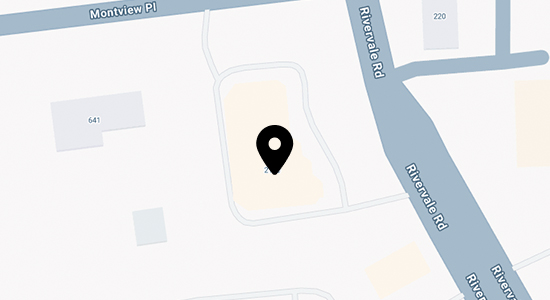- Contact Us Now: (201) 494-2800 Tap Here To Call Us
Top 5 Environmental Issues to Watch Out for in New Jersey Home Inspections

When buying a home in New Jersey, you must be aware of potential environmental issues that could affect the property’s value and your health. As a real estate attorney in NJ, I often advise clients on the importance of thorough home inspections to identify these concerns early. Here are the top five environmental issues to watch out for during New Jersey home inspections.
1. Radon Gas
Radon is a naturally occurring radioactive gas that can seep into homes through cracks in the foundation. It is the second leading cause of lung cancer in the United States. During a New Jersey home inspection, it’s essential to test for radon levels, especially in areas known for higher concentrations. Mitigation systems can be installed to reduce radon levels if necessary.
2. Mold and Mildew
Mold and mildew thrive in damp environments and can cause respiratory issues and other health problems. New Jersey’s humid climate makes homes susceptible to mold growth, particularly in basements, attics, and bathrooms. A comprehensive home inspection should include a mold assessment to identify any existing issues and prevent future growth.
3. Asbestos
Asbestos was commonly used in building materials before the 1980s and can still be found in older homes. It poses serious health risks if disturbed, leading to lung diseases such as asbestosis and mesothelioma. During a New Jersey home inspection, it is important to check for asbestos in insulation, flooring, and other materials. If asbestos is found, professional removal is necessary.
4. Lead-Based Paint
Homes built before 1978 may contain lead-based paint, which is hazardous if ingested or inhaled. Lead exposure can cause severe health issues, particularly in children. A thorough home inspection should include testing for lead paint, especially if the property is older. If lead is detected, remediation steps must be taken to ensure safety.
5. Underground Oil Tanks
Many older homes in New Jersey have underground oil tanks that were used for heating. These tanks can leak over time, contaminating the soil and groundwater. It’s essential to conduct a tank sweep during the home inspection to check for any buried oil tanks. If a tank is found, it should be professionally removed and the surrounding soil tested for contamination.
Conclusion
Being aware of these environmental issues during New Jersey home inspections can save you from costly repairs and health risks down the line. As a real estate attorney in NJ, I recommend working with experienced inspectors who can identify these concerns and provide guidance on remediation. By addressing these issues early, you can ensure a safe and healthy living environment for you and your family.
For more information on environmental issues in real estate and how to protect your investment, feel free to reach out to Joseph DiPiazza, Esq. Your peace of mind is worth the extra diligence.


